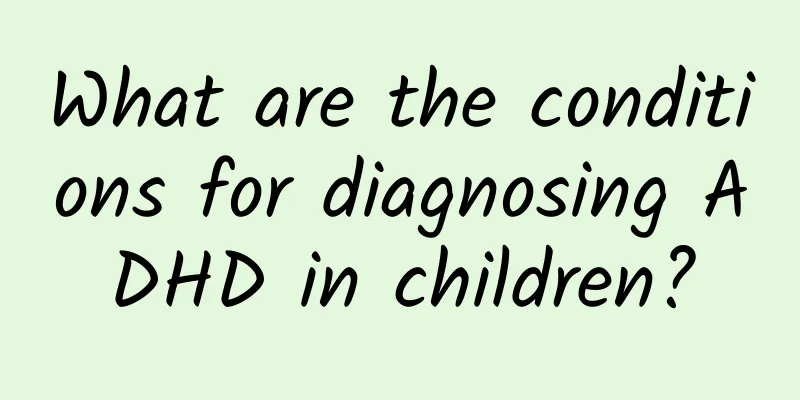How to treat phenylketonuria in children

|
Early screening and strict dietary control can achieve good treatment results for pediatric phenylketonuria and prevent the occurrence of intellectual development disorders. Children diagnosed after screening should strictly follow the doctor's instructions to follow a low-phenylalanine diet, supplemented with drug treatment and regular monitoring when necessary. 1) Low phenylalanine diet control Phenylketonuria is mainly caused by phenylalanine metabolism disorder in the body. Excessive accumulation of phenylalanine may cause brain damage, so dietary control is the core of treatment. Everyday foods such as meat, fish, eggs, and milk are rich in phenylalanine, and children should try to avoid consuming them. Nutrients that need to be supplemented, such as protein, can be replaced by special medical foods (such as low-phenylalanine milk powder and protein powder). During the implementation process, it is recommended that parents cooperate with professional nutritionists to develop personalized diet plans based on the child's age, weight, and blood phenylalanine concentration, and review and adjust the plan every 3 months or as directed by the doctor. 2) Drugs and enzyme replacement therapy Some children may benefit from medication, such as tetrahydrobiopterin (BH4) supplements, which can help lower the concentration of phenylalanine in the blood, but because the drug may not be suitable for every patient, it is necessary to determine whether your child is sensitive to BH4 before taking the drug. Enzyme replacement therapy (such as injection of phenylalanine ammonia lyase) is a treatment method that is gradually being promoted and may help some patients who cannot fully control their condition through diet, and it needs to be carried out under medical supervision. 3) Regular monitoring and early intervention Regular monitoring of blood phenylalanine concentration is essential to maintain the treatment effect. Parents need to take their children to regular follow-up visits to assess metabolic levels and physical health. After the diagnosis of newborns, early intervention is required to avoid the intake of high-phenylalanine foods to prevent irreversible intellectual damage and developmental delays. Early education and cognitive training should be gradually added in early childhood to help improve cognitive abilities. If phenylketonuria is screened early and receives standardized treatment, the prognosis is very good. During the process of diet control and treatment, parents need to maintain a high degree of cooperation, continue to learn relevant knowledge, and give their children lasting support and care, so as to achieve the best treatment effect. |
<<: Can polio be cured? Is it hereditary?
>>: What Chinese medicine should children take for cold and runny nose
Recommend
Pediatric eczema
Pediatric eczema...
What should I do if my 7-month-old baby coughs and has phlegm? How should I assist in treating my 7-month-old baby coughs and has phlegm?
In addition to taking your 7-month-old baby to th...
How to deal with baby's eczema in daily life? Mom teaches you 4 methods
When a baby develops eczema, parents should first...
Symptoms and hazards of neonatal jaundice
Severe jaundice in a newborn requires immediate m...
What are the drugs for treating seizures?
What are the drugs for treating convulsions? The ...
Treatment of leg atrophy caused by polio
What should we do when the sequelae of polio caus...
What medicine can a three-year-old child take to recover quickly from hand, foot and mouth disease?
Hand, foot and mouth disease in three-year-old ch...
What is the most effective treatment for mumps?
After the occurrence of mumps, it really brings a...
How should middle-aged and elderly people supplement calcium? What are the methods for middle-aged and elderly people to supplement calcium?
Middle-aged and elderly people must choose approp...
What foods can supplement iron? What are the symptoms of iron deficiency?
Cherry is a good iron supplement food. It is high...
Necessary examinations for diarrhea in children
Children have poor resistance. In autumn, if pare...
What kind of ointment can be used for children with eczema? 4 kinds of ointments can be used for children with eczema
At present, the most commonly used treatment meth...
What medicine should babies take for cold and runny nose? Babies with cold can take these Chinese and Western medicines
When the weather drops suddenly and the climate c...
Diagnostic criteria for early childhood diarrhea
Parents must closely monitor their baby's bow...
What fruits are good for children with diarrhea? What fruits can children with diarrhea eat?
Children have poor resistance and are easily infe...









